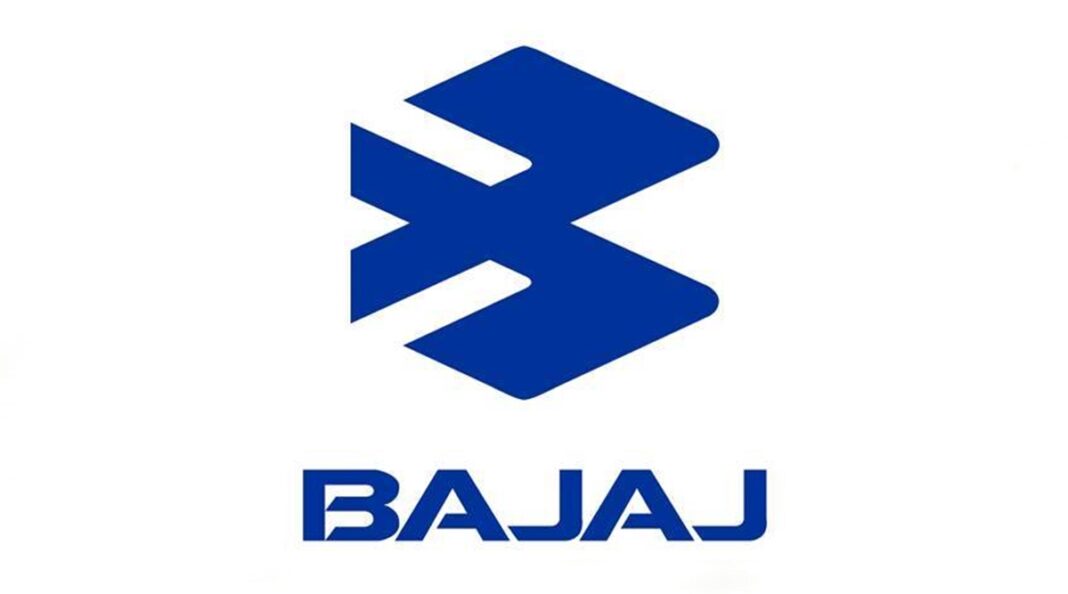Inflation has burnt a hole in the pockets of most consumers and how exactly it is impacting demand is something most companies are monitoring. Bajaj Auto plans to monitor sales performance in July and August to understand whether a fundamental recovery has commenced. Rakesh Sharma, Executive Director, Bajaj Auto, said inflation erodes purchasing power, and for an already weakened customer, this was a negative factor that could cause postponement of the buying decision.
However, the industry has fared better in the June quarter compared to last year and the previous quarter due to the marriage season in the North and the release of pent-up demand. Bajaj Auto has reported an 11% year-on-year fall in total sales to 5,86,642 units over April and May. Sharma said this fall was almost entirely due to disruption in production as a result of electronic component shortfall.
There was a major depletion of channel stock as retail was running ahead of billing to dealers for almost three months now, Sharma said. “At a national level, on an average, the stock cover is now below 2 weeks – some dealers may be over this and some under the average,” he added. Bajaj’s exports too were impacted during the first two months of this fiscal and were below the two lakh units per month export target mark.
A ban on imports by Egypt and the semiconductor shortfall had held exports back but Sharma was confident of delivering double-digit growth in FY23. Exports account for 50-60% of the company’s annual revenues with 50-55% of the exports going to Africa, 20% to Latin America, and around 20-25% to Asia, the Middle East, and ASEAN markets. “As the semiconductor issue resolves itself by next quarter, exports should be back on track to deliver 200,000 plus levels, and assuming no major dislocation in the trading environment, we should deliver good growth over FY 2022,” Sharma said.
The company expects chip supplies to remain volatile. According to Sharma, the company strategy so far had been to partner closely with fewer but well-established vendors at the global level which has helped them manage innovation, quality, and cost. However, it did increase the dependency risk.
“Unfortunately, the impact of volatility on a narrower vendor base was higher. In response to the situation, we have adjusted our sourcing strategies and broad-based them,” Sharma said. “We have broad-based our sourcing strategy whilst not widening the vendor base too much.
This initiative will normalise supplies from July onwards,” he said. To deal with the rise in prices of raw materials, the company has been able to pass on more than half of the cost increases to customers. The company would be monitoring the impact on demand and competitor response before deciding on further actions, Sharma said.
As Covid-19 had retreated and vaccination had advanced, normalcy is returning to two-wheeler financing. “Better financing availability is one of the positive drivers of demand,” Sharma said. Bajaj Auto has set up a 100% subsidiary for the purpose of captive financing of its vehicles.
“We have applied to the RBI for a license for this purpose and will commence operations after receiving due approvals,” Sharma said. On the product portfolio front, Bajaj Auto has stopped production of the CT 100, an entry segment commuter bike. This was part of the strategy to move customers towards the higher end of the product segment.
.
From: financialexpress
URL: https://www.financialexpress.com/express-mobility/bajaj-auto-to-monitor-sales-momentum-in-july-august-for-signs-of-sustained-recovery/2555300/



